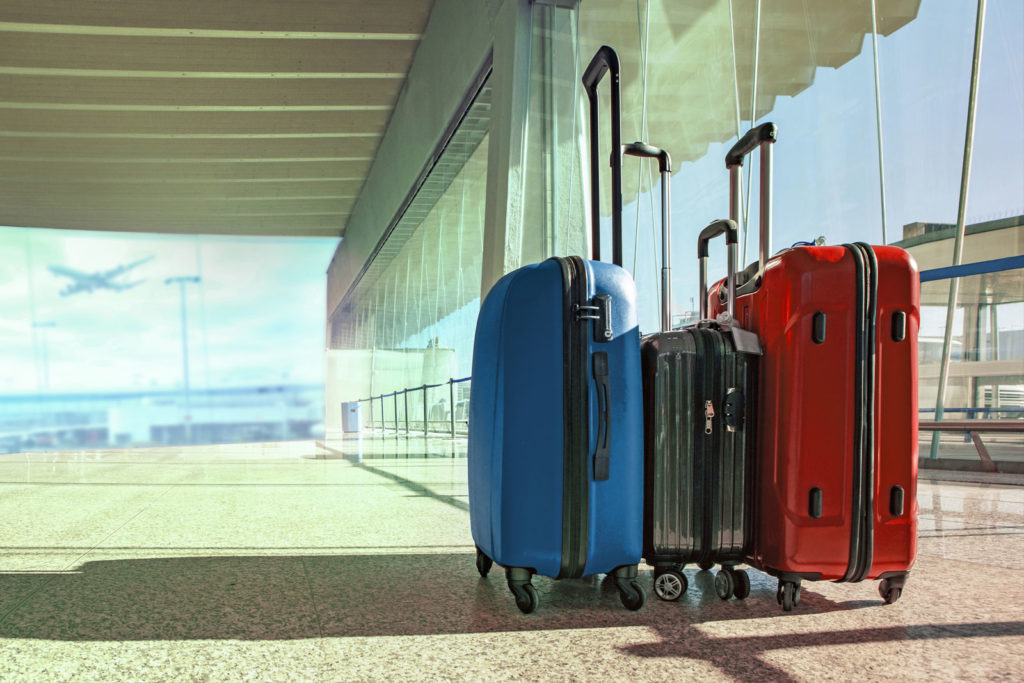At the 75th IATA Annual General Meeting and World Air Transport Summit being hosted by Korean Air in Seoul with some 1,000 aviation leaders, five resolutions have been passed. These include:
Environment
The AGM resolution called on governments to implement the Carbon Offsetting and Reduction Scheme for International Aviation (CORSIA) as agreed through the UN’s International Civil Aviation Organization (ICAO). CORSIA is the first global carbon pricing instrument for an industry sector. It will cap net CO2 emissions from international aviation at 2020 levels (carbon-neutral growth, or CNG). The AGM looked beyond CORSIA to the next climate action commitment—cutting net emissions to half 2005 levels by 2050. Airlines were urged to implement all available fuel efficiency measures and to participate fully in a long-term switchover to sustainable aviation fuels. These are key to achieving the industry’s 2050 commitment.
Slots
The AGM reaffirmed the importance of a harmonized global airport slot system and called upon governments to urgently address capacity shortages.
RFID for Baggage Tracking

The AGM resolved to support the global deployment of Radio Frequency Identification (RFID) for baggage tracking. The AGM also called for the implementation of modern baggage messaging standards to more accurately track passengers’ baggage in real time across key points in the journey. The resolution commits airlines to transition to bar-coded bag tags with RFID inlays and use RFID data alerts to enact processes with airports and ground handlers that prevent potential mishandlings.
One ID
The AGM resolved to accelerate the global implementation of the One ID initiative, which uses a single biometric identifier to move passengers through the airport, without the need for paper travel documents. The IATA One ID resolution calls for stakeholders—including airlines, airports and government authorities—to work together to promote and implement a paperless passenger process utilizing biometric recognition.
Disabled Passengers
The AGM resolution aimed to improve the air travel experience for the estimated one billion people living with disabilities worldwide. Airlines committed to ensuring that passengers with disabilities have access to safe, reliable and dignified travel, and called upon governments to use IATA’s core principles for accommodating passengers with disabilities.



 share
share










































